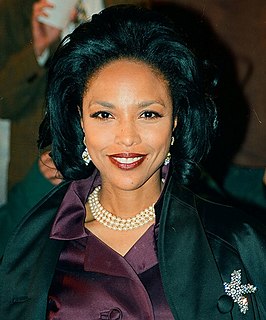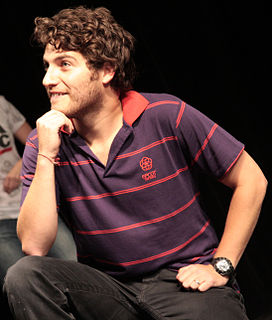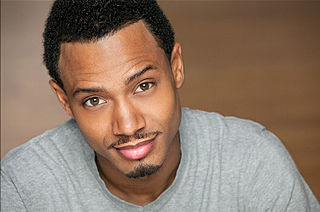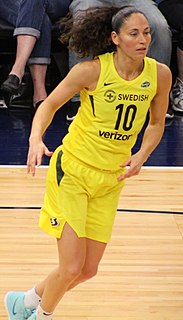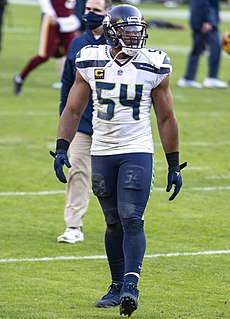A Quote by Lynn Whitfield
They call Howard University the 'capstone of black education.' Howard was one of the historically black colleges where people want to go and send their children. Both of my grandfathers went through the medical school, and being in D.C., not far from New York City, it was a natural choice for me.
Related Quotes
Amiri Baraka went to Howard. Lucille Clifton went to Howard. Ossie Davis went to Howard. And I was aware of that when I was there. Charles Drew went to Howard. Thurgood Marshall went to the law school. Being aware of that and having all of that brought to bear, again, it's one of those things that I can't really separate from my career as a writer.
I grew up in Orangeburg, South Carolina, which has the proud distinction of being the home to two of the eight Historically Black Colleges and Universities in the state: South Carolina State University and Claflin University. When I was a kid riding around town with my grandfather, we often drove by the colleges.
My opportunity to design school choice systems began in 2003 with a phone call from Jeremy Lack at the New York City Department of Education. He knew of my work on the medical match and wondered if similar efforts might help reorganize the dysfunctional, congested system then used to match students to high schools.
When I was mayor of New York, my views changed. I began as mayor of New York City thinking that I could reform the New York City school system. After two or three years, four years, I became an advocate of choice, of scholarships, and vouchers, and parental choice, because I thought that was the only way to really change the school system.
Fifty years ago, great schools like the University of California and the City University of New York - as well as many state colleges - were tuition free. Today college is unaffordable for many working class families. For the sake of our economy and millions of Americans, we must make higher education more affordable.
The public school system is not about educating black children. Never has been. Inner-city schools are about social control. Period. They’re operated as holding pens—miniature jails, really. It’s only when black children start breaking out of their pens and bothering white people that society even pays any attention to the issue of whether these children are being educated.
Howard University holds something called "Heart's Day," an all day ceremony in which a writer is honored. I was the recipient of this honor. It's a wonderful ceremony that Eleanor Traylor chair of English at Howard University organizes for writers. Writers from around the country came to pay tribute to my work. It was very flattering.
I could turn around as Wyatt Walker said to me about, not you personally, but about the whole Black Muslim movement. That if you go outside of New York City, Dr. [Martin Luther] King is known to 90 percent of the Negroes in the United States and is respected and, and is identified more or less with him, at least as a hero of one kind or another. That the Black Muslim, outside of one or two communities like New York, are unknown.
